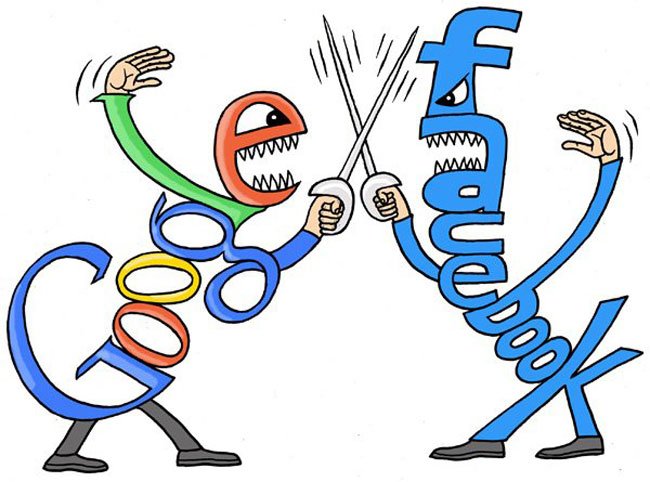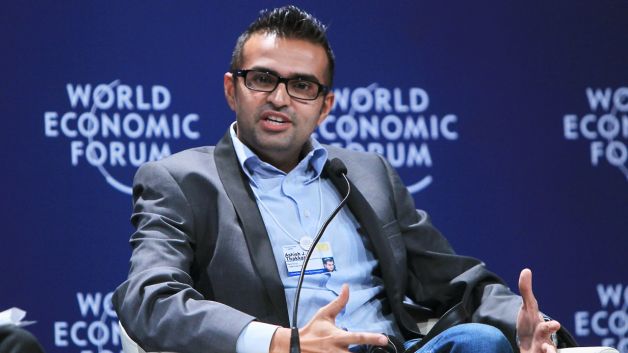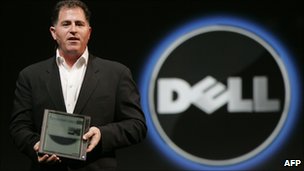 When asked in a lecture of 100 first year university business students, “What do you want to do after you graduate?” the most selected answer was “I want to raise millions of dollars to start my own company.” Easy to say and think, however, the limitation in statistics; “75% of startups fail”. This is what limits students to develop this dream; fear of failure.
When asked in a lecture of 100 first year university business students, “What do you want to do after you graduate?” the most selected answer was “I want to raise millions of dollars to start my own company.” Easy to say and think, however, the limitation in statistics; “75% of startups fail”. This is what limits students to develop this dream; fear of failure.
 Famous in a day; Ryan Friedman, a 24 year-old developer with his social networking start-up App, Popcorn. Don’t over think it, Ryan is an individual who set up his own business with his own financial risks in desire of profits. Regardless of failing 3 times with unsuccessful apps, no faith or motivation was lost.
Famous in a day; Ryan Friedman, a 24 year-old developer with his social networking start-up App, Popcorn. Don’t over think it, Ryan is an individual who set up his own business with his own financial risks in desire of profits. Regardless of failing 3 times with unsuccessful apps, no faith or motivation was lost.
Controversy comes to mind when reviewing Ryan’s strategy which is not structured (very open); find an idea that has potential in the market (communication), aim the idea to certain market segments (university students) and take the leap of faith, not allowing failure to be an option.
Start-ups however, when learnt at university, claimed to need 5 essential factors; purposeful vision, moral compass, business model, process and big market. Then how did Ryan successfully gain 1000 users in a day and create this successful app “Popcorn”, without the use of a business model?
Motivation, passion & determination
Today’s view of a start-up by teachers and students is too closed and text booked. There is not one specific recipe for a successful startup. Be like Ryan, never give up and learn by your mistakes, that is the key to a successful start up.










